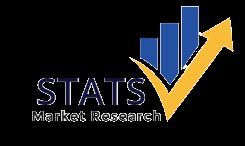














High-strength low-alloy steel (HSLA) is a type of alloy steel that provides better mechanical properties or greater resistance to corrosion than carbon steel. HSLA steels vary from other steels in that they are not made to meet a specific chemical composition but rather to specific mechanical properties. They have a carbon content between 0.050.25% to retain formability and weldability. Other alloying elements include up to 2.0% manganese and small quantities of copper, nickel, niobium, nitrogen, vanadium, chromium, molybdenum, titanium, calcium, rare earth elements, or zirconium. Copper, titanium, vanadium, and niobium are added for strengthening purposes.
This report provides a deep insight into the global Advanced High-Strength Steel in Automotive market covering all its essential aspects. This ranges from a macro overview of the market to micro details of the market size, competitive landscape, development trend, niche market, key market drivers and challenges, SWOT analysis, value chain analysis, etc.








The global Advanced High-Strength Steel in Automotive market size was estimated at USD 14860 million in 2024 and is projected to reach USD 47566.28 million by 2032, exhibiting a CAGR of 13.80% during the forecast period.








• Dual Phase Steel
• Martensitic Steel
• Boron Steel

• TRIP Steel




















• Baoshan Iron & Steel
• ArcelorMittal
• Tata Steel
• Kobe Steel
• POSCO
• SSAB
• ThyssenKrupp
• Including or Excluding key companies relevant to your analysis.
























